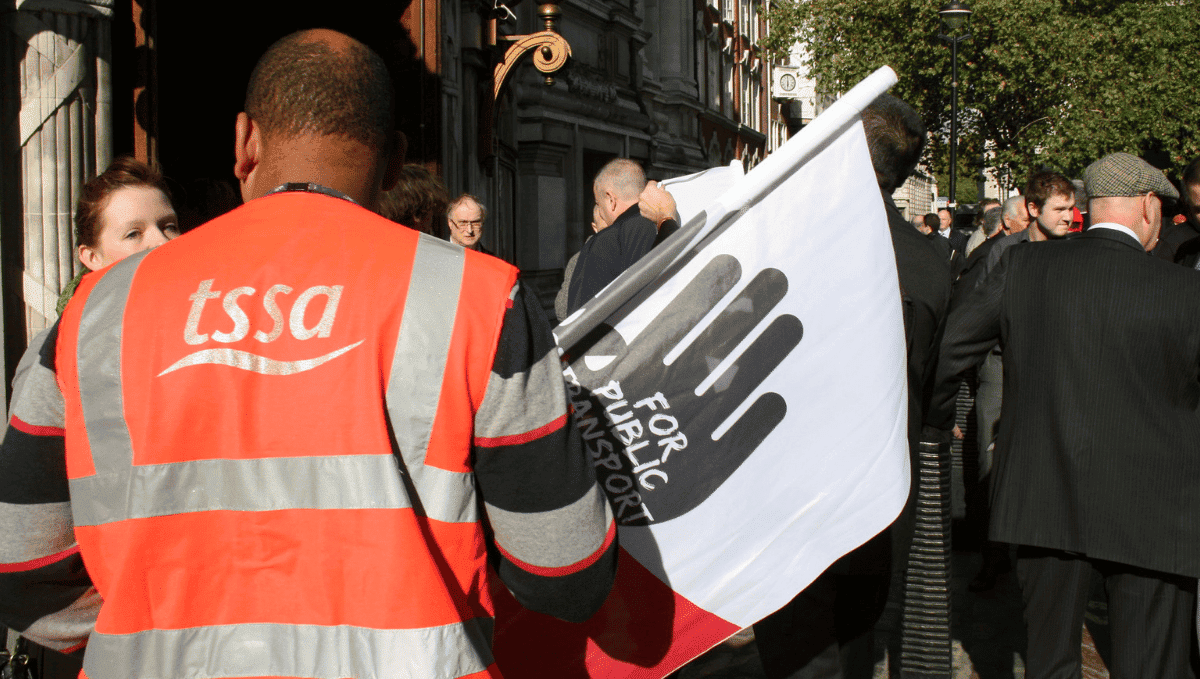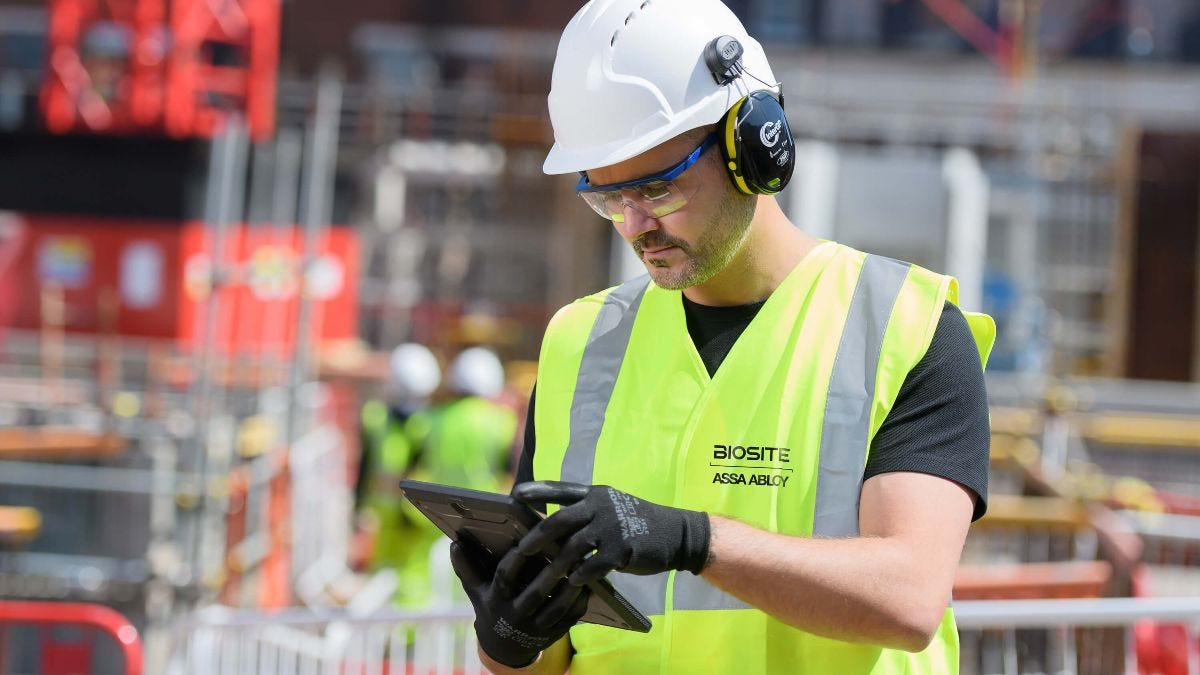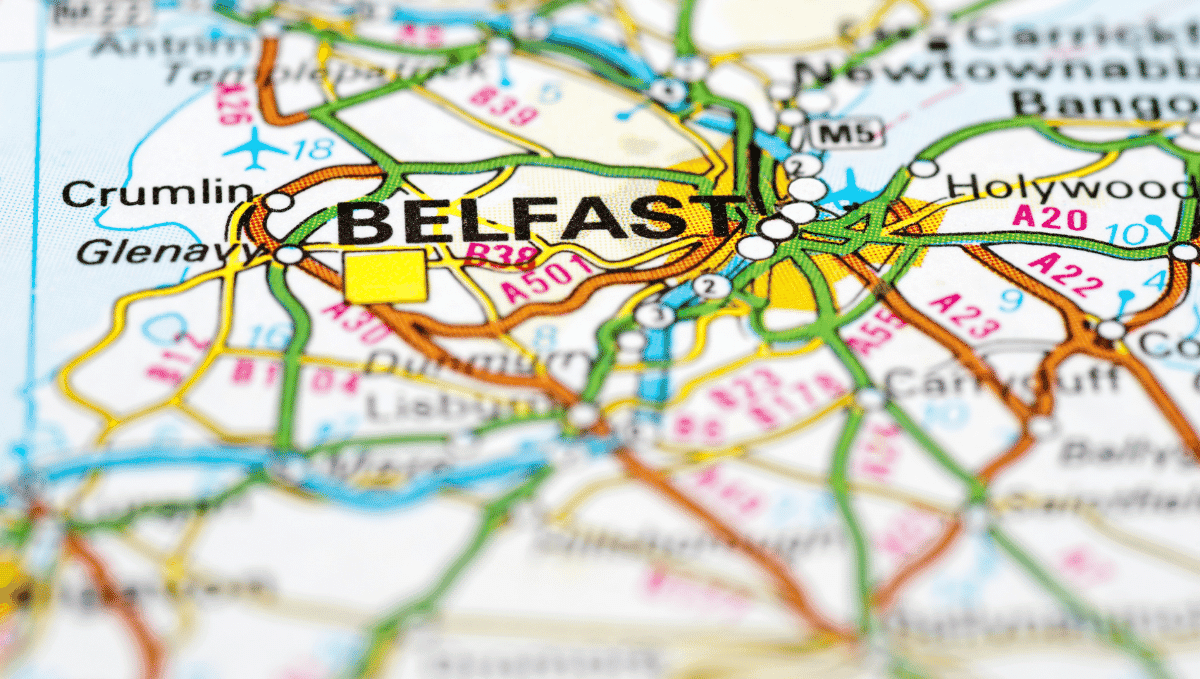

Get help
Here when you need us
TSSA is here for our members. When you need support, advice, representation or legal services, we're here for you. Find about the range of workplace and legal services we offer by accessing the sections below.
In this section


Workplace advice (UK)
TSSA offers workplace advice on a range of subjects to our members, from TUPE to discrimination. Find out more here.

Health, Safety and Welfare
Everyone has the right to work in a safe environment that does not jeopardise their personal health, safety and welfare.

Workplace advice (ROI)
The system of industrial relations in Ireland is essentially voluntary in nature. Find out more here.

Workplace advice (NI)
Some parts of the law are different in Northern Ireland. Find out how this affects workplace rights here.

Legal advice
TSSA members can access legal services, including a free will writing service, personal injury, family law and more.

Legal advice (ROI)
We work with Kent Carty Solicitors to provide a wide range of legal services for members in the Republic of Ireland.

External Support Organisations - Get Help
External Organisations who can help

MyTSSA help
For help guides and support on using MyTssa

FAQ
Read our Frequently Asked Questions and answers here.

How to get support
Get support by contacting your TSSA rep or our Helpdesk. Find out how here.
Member advice from our Helpdesk
If you are a TSSA member and are looking for advice or assistance in connection with your employment or membership, you can contact our Members’ Helpdesk.
We can advise on a range of workplace issues including; discipline and grievance hearing, maternity rights and redundancy.
Helpdesk opening hours: 09:00 - 17:00 Monday - Thursday | 09:00 - 16:00 Friday
Please note: we cannot undertake to provide advice to non-members, to members of other unions, or to members on behalf of their partners/friends. If you are not yet a member, please join TSSA online.
